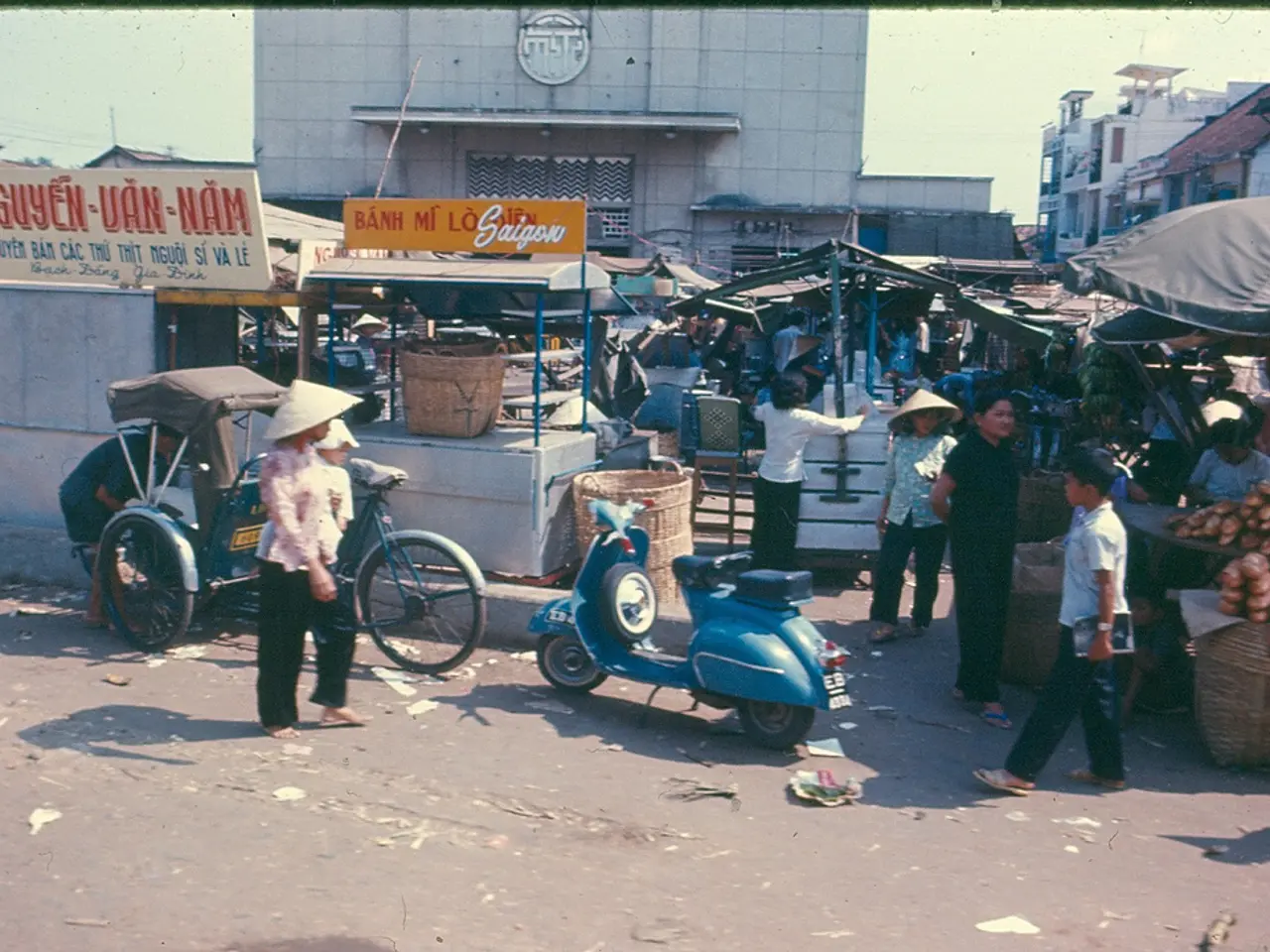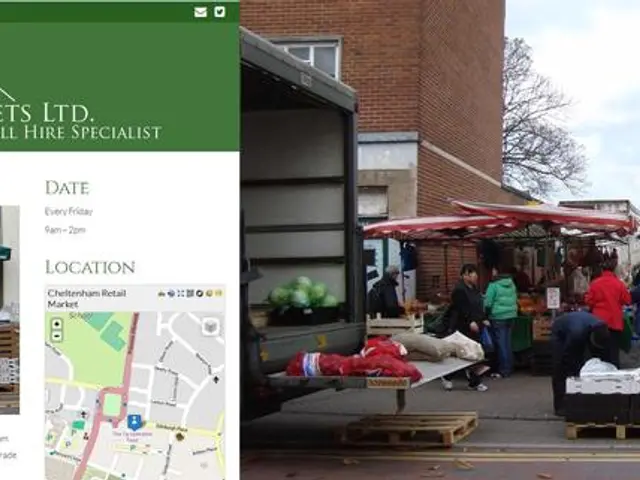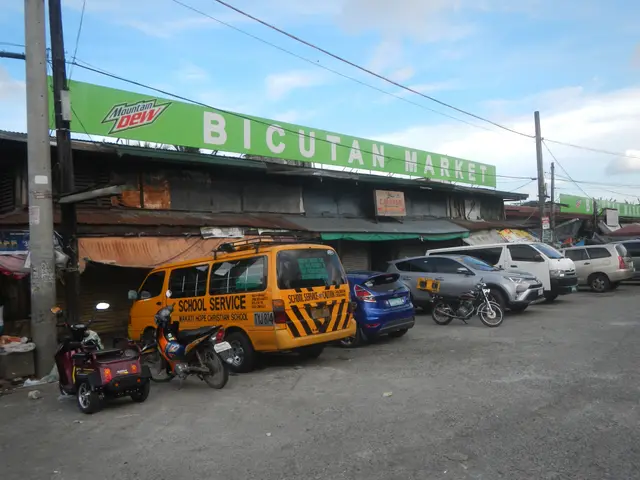Street vendors are laborers, entitled to labor rights
In a significant step towards ensuring a safe and dignified working environment for millions of street vendors worldwide, the International Labour Organisation (ILO) adopted Convention No. 190 in 2019. This treaty, focused on preventing violence and harassment at work, urges governments to ratify and fully implement it to affirm the rights of every worker to a world free from such abuses.
Street vendors, an integral part of the urban fabric worldwide, supplying affordable goods and services, face unique risks. They often experience routine harassment, intimidation, and violence from local authorities, and in some cases, law enforcement agents have been reported to threaten arrests or make sexual demands in exchange for leniency.
This harrowing reality has not gone unnoticed. Organisations like StreetNet International have ensured that informal workers, including street vendors, are included under the treaty. In response, street vendors in various countries have formed committees against gender-based violence and harassment, created childcare centers, and built housing collectives to improve their working conditions and promote their rights.
However, street vendors often lack access to social security systems and labor protections, and there is a lack of accountability for violence committed against them. Officials sometimes demand bribes and threaten to confiscate vendors' goods, exacerbating their precarious living conditions. Many street vendors live in poverty and have an unsteady income to support their families.
The treaty includes prevention measures, complaints mechanisms, and support for survivors of violence. It requires governments to adopt comprehensive national laws against harassment and violence in the workforce. As of April 2025, 49 countries have ratified the Convention, including South Africa and Nigeria. Denmark and Cyprus were among the first to ratify by this date.
The story also touches on themes such as corruption, crime, education, jobs, inequality, poverty, human rights, gender, women, inclusion, livelihoods, and violence against women. The SDGs (Sustainable Development Goals) relevant to this story include economic growth (SDG 8), inequality (SDG 10), peace (SDG 16), partnerships (SDG 17), and workplace wellbeing.
Urban, social, and economic policies should incorporate the realities of street vendors, support their rights, and uphold their dignity. Governments must treat street vendors as legal workers with rights, rather than constant targets for crackdowns. By doing so, we can create a world where street vendors, like all workers, can work in safety and with dignity.
This article was published with permission from Thomson Reuters Foundation.
Read also:
- Exploration of Tony Robbins' Business Empire: An In-depth Analysis of His Company Holdings
- Warning Signs in Client Relationships: Unforeseen Issues that Erode Time, Money, and Tranquility (DesignDash Podcast)
- "Setting a monumental milestone, CP Transport recorded more than a hundred million in revenue within six months"
- Dynamics of Competition: An Explanation








